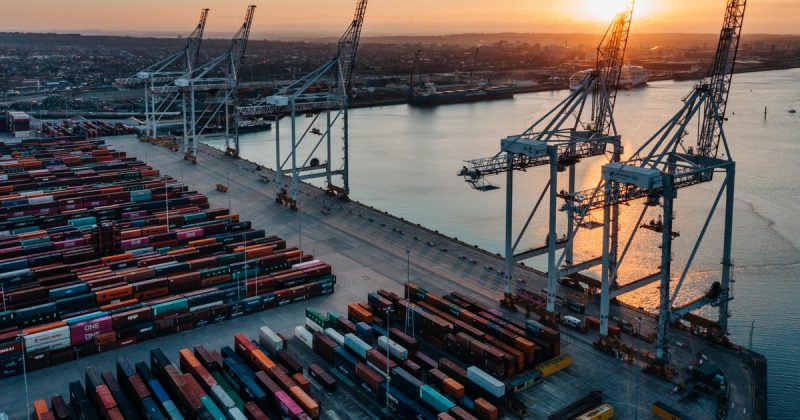
The $800 de minimis exemption for low-value imports into the United States has officially ended, marking a significant shift in trade policy. This exemption, which allowed small parcels to enter the country tariff-free, has been eliminated following an executive order from the Trump administration. The White House cited concerns about the loophole being exploited to evade tariffs and import illegal goods, particularly synthetic opioids, and below-market products. They claim this move will save American lives and generate billions in additional tariff revenue.
This decision has already triggered reactions from several countries, some of which are suspending shipments to the U.S. due to the lack of immediate tariff clarity. The sudden change has left many importers and retailers scrambling to adapt. While a six-month transition period allows for a flat duty payment option, the long-term implications for businesses remain uncertain.
The rapid growth in low-value parcel imports over the past decade, from 134 million shipments in 2015 to nearly 1.4 billion in 2025, highlighted the scale of the issue for Customs and Border Patrol. The administration argued that the sheer volume of shipments made effective enforcement practically impossible.
Companies like Shein and Temu, which heavily relied on the exemption to offer ultra-low-cost goods to American consumers, have been particularly affected. Some have already responded by halting shipments from China and focusing on domestically sourced products. The full impact of this policy shift on these companies and the broader retail landscape will likely take time to fully unfold.
The de minimis provision, originally intended to streamline trade by reducing administrative burden, has become a point of contention, illustrating the complex challenges of balancing trade facilitation with effective enforcement of import regulations. The elimination of this exemption represents a significant recalibration of US trade policy, with far-reaching consequences for both domestic and international commerce.









